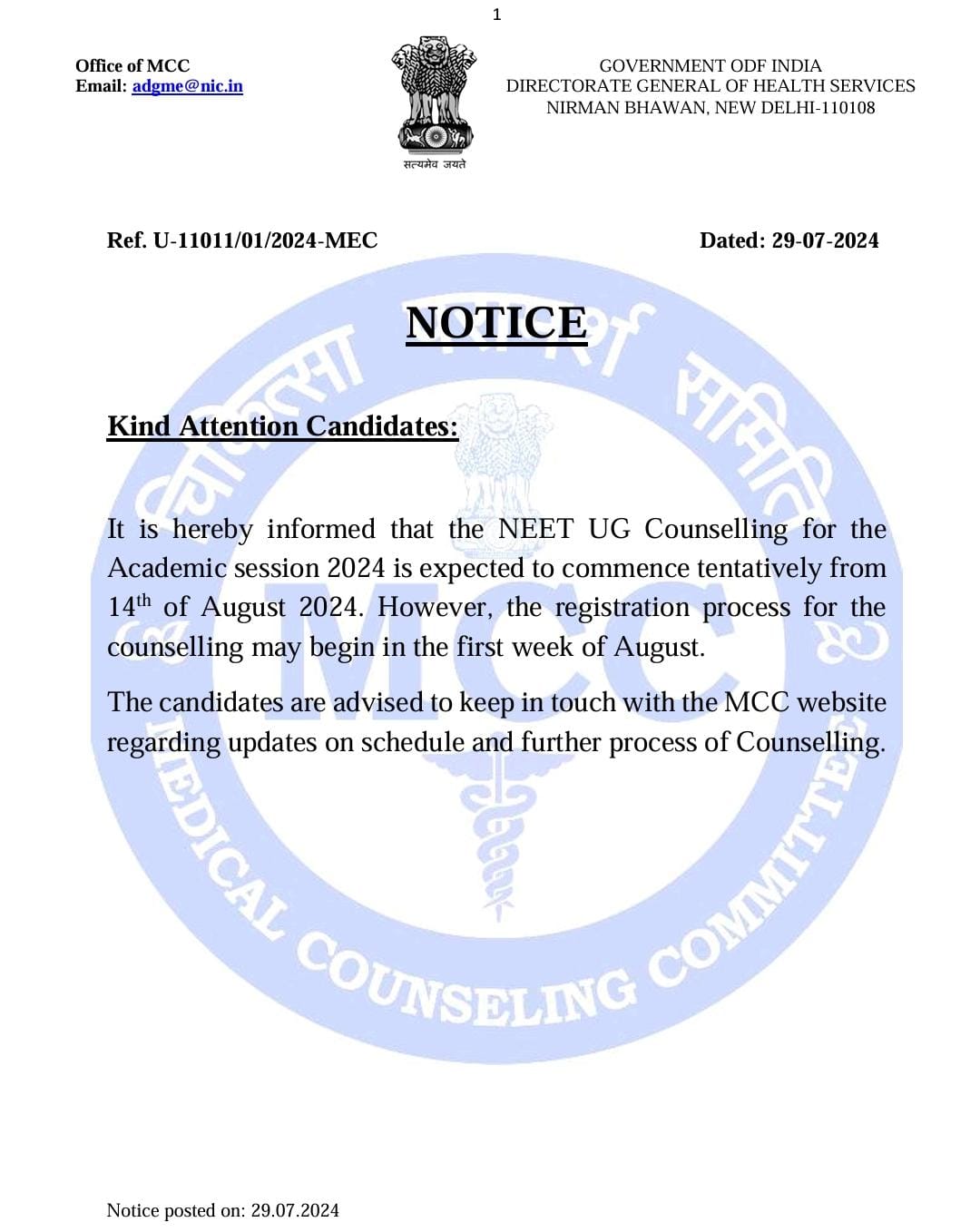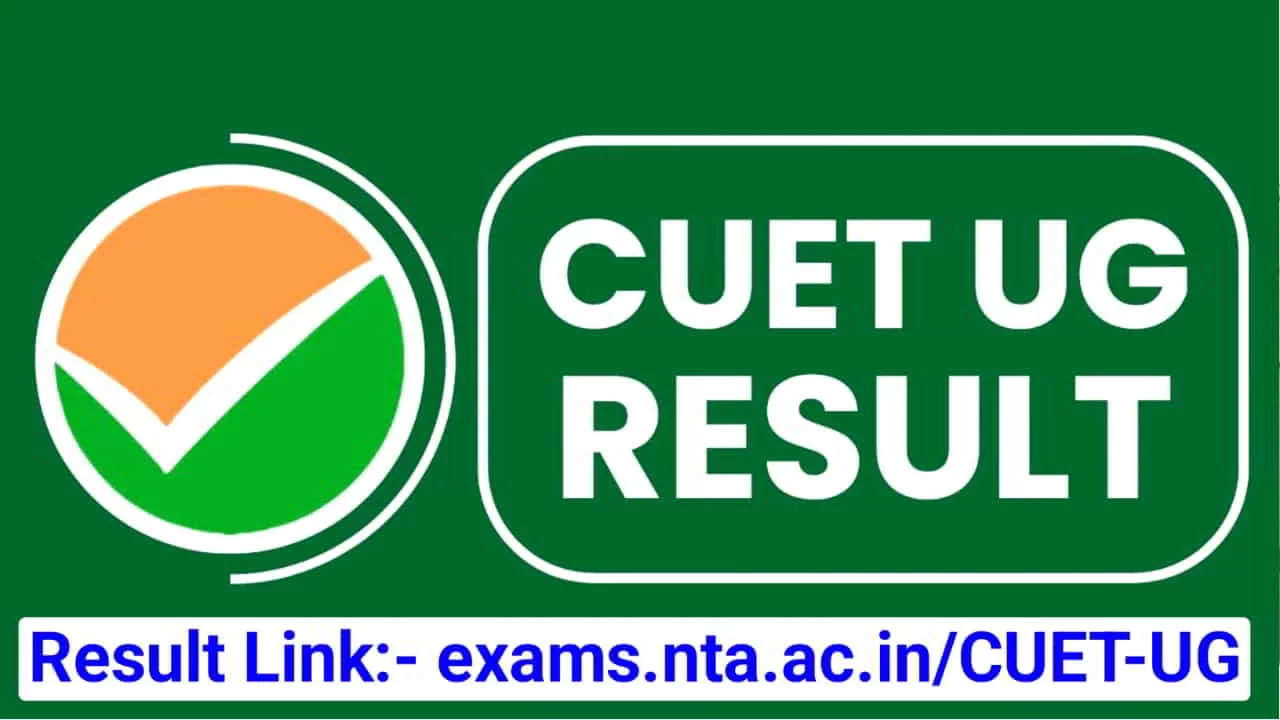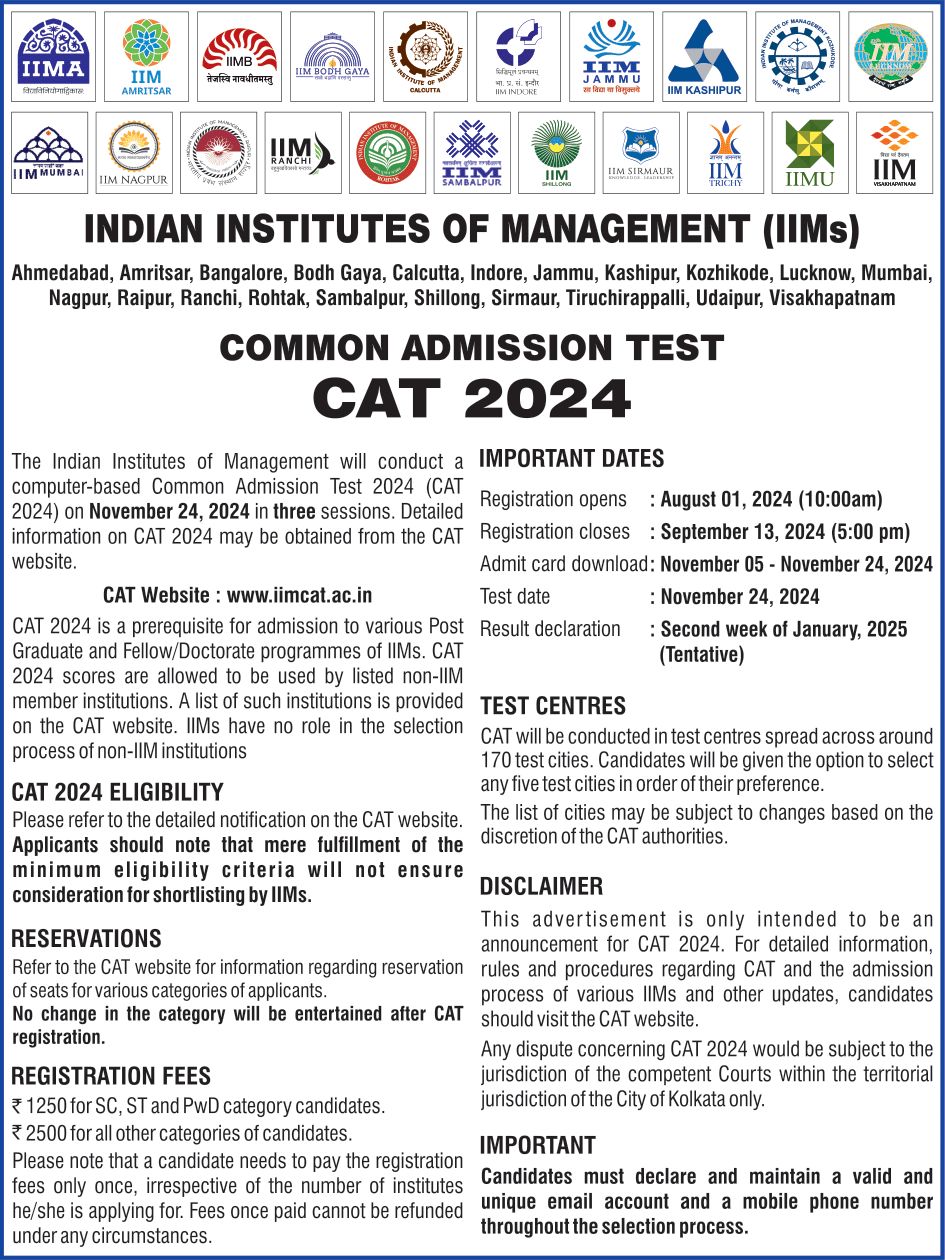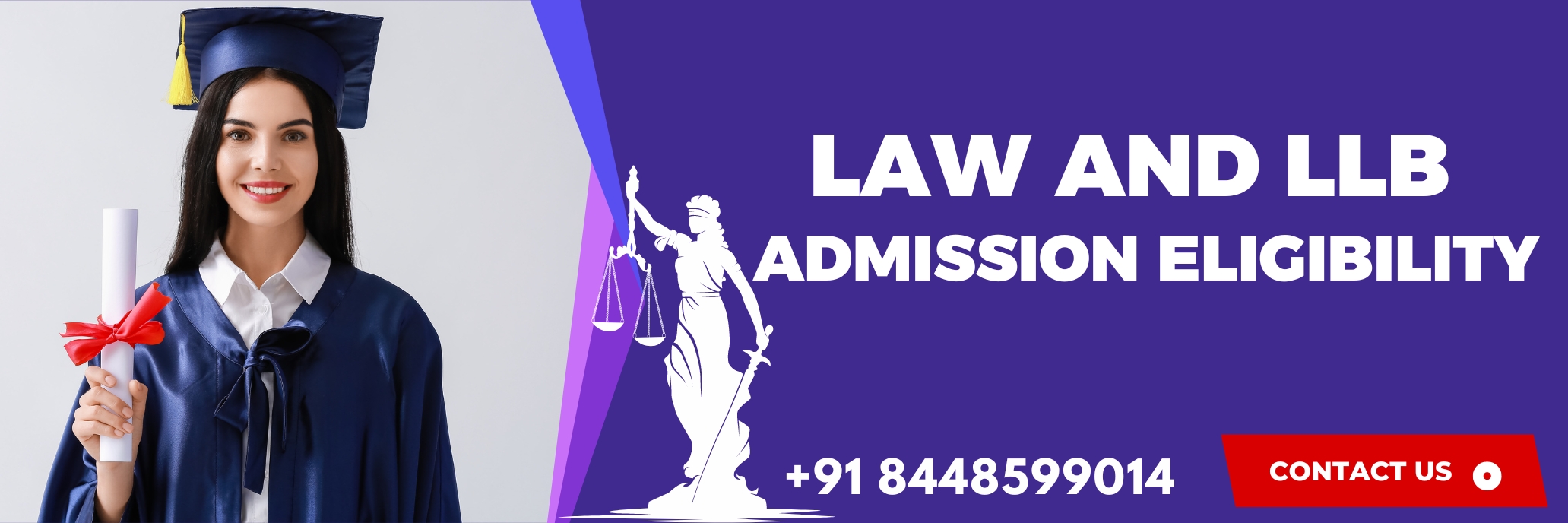LLB FAQs: Everything You Need to Know
The Bachelor of Laws (LLB) is a prestigious undergraduate degree that lays the foundation for a career in law. As prospective students and their families often have numerous questions about the LLB program, Bodmas Education is here to provide detailed answers to the most frequently asked questions about LLB studies. This guide will cover various aspects of the LLB degree, including eligibility, admission procedures, curriculum, career opportunities, and more.
What is an LLB Degree?
Q1: What does LLB stand for?
A1: LLB stands for “Legum Baccalaureus,” a Latin term meaning Bachelor of Laws. It is an undergraduate degree that provides foundational knowledge and training in legal principles, preparing students for a career in law.
Q2: How long is the LLB program?
A2: The duration of the LLB program varies by country and institution:
- In India: The LLB program can be a three-year course for graduates or a five-year integrated course following higher secondary education (10+2).
- In Other Countries: The duration is typically three years, though some jurisdictions may have different structures.
Eligibility and Admission
Q3: What are the eligibility criteria for LLB admission?
A3: Eligibility criteria for LLB programs generally include:
- For a 5-Year Integrated LLB: Completion of higher secondary education (10+2) with a minimum aggregate percentage (usually between 45% to 60%).
- For a 3-Year LLB: A bachelor’s degree in any discipline from a recognized university with a required minimum percentage.
- Age Limit: Some universities may have an age limit for applicants.
Q4: Are there entrance exams for LLB admission?
A4: Yes, many institutions require candidates to pass entrance exams. Common entrance exams include:
- CLAT (Common Law Admission Test): For admission to National Law Universities (NLUs) in India.
- AILET (All India Law Entrance Test): Conducted by National Law University, Delhi.
- LSAT (Law School Admission Test): Accepted by various law schools in India and globally.
- University-Specific Exams: Examples include DU LLB Entrance Exam (Delhi University) and BHU UET (Banaras Hindu University).
Q5: How can Bodmas Education assist with the admission process?
A5: Bodmas Education provides comprehensive support including:
- Counseling: Guidance on selecting the right LLB program and university.
- Entrance Exam Preparation: Coaching and resources for entrance exams.
- Application Assistance: Help with filling out application forms, preparing personal statements, and meeting deadlines.
Curriculum and Course Structure
Q6: What subjects are covered in an LLB program?
A6: The LLB curriculum includes a mix of core and elective subjects:
- Core Subjects: Constitutional Law, Criminal Law, Contract Law, Tort Law, Property Law, Family Law, and International Law.
- Elective Subjects: Specialized areas such as Corporate Law, Environmental Law, Intellectual Property Law, Human Rights Law, and Cyber Law.
- Practical Training: Internships, moot courts, and legal aid clinics to provide hands-on experience.
Q7: Are there practical components in the LLB course?
A7: Yes, practical components are an integral part of the LLB program. These may include:
- Internships: Opportunities to work with law firms, courts, or legal departments.
- Moot Courts: Simulated court proceedings to develop advocacy skills.
- Legal Aid Clinics: Hands-on experience in providing legal assistance to clients.
Career Opportunities
Q8: What career options are available after completing an LLB?
A8: An LLB degree opens up various career paths:
- Legal Practice: As an advocate, corporate lawyer, or public prosecutor.
- Judiciary: Opportunities to become a judge or magistrate through judicial service exams.
- Academia: Teaching law at universities or conducting legal research.
- Public Sector: Working as a civil servant or legal consultant for government agencies.
- NGOs: Providing legal aid and advocacy in non-governmental organizations.
Q9: Can I pursue higher studies after an LLB?
A9: Yes, after completing an LLB, you can pursue higher studies such as:
- LLM (Master of Laws): Specialize in a particular area of law.
- Ph.D. in Law: For a career in legal research or academia.
- Diplomas and Certifications: In specialized areas like intellectual property or environmental law.
Financial Aspects
Q10: What is the fee structure for LLB programs?
A10: Fees for LLB programs vary based on the institution:
- Government Colleges: Generally lower, ranging from INR 20,000 to INR 50,000 per year.
- Private Colleges: Can range from INR 1 lakh to INR 5 lakhs per year.
Q11: Are there scholarships or financial aid options available?
A11: Yes, many universities and organizations offer scholarships and financial aid based on merit, financial need, or specific criteria:
- University Scholarships: Based on academic performance or other achievements.
- Government Scholarships: Available for eligible students from various categories.
- Education Loans: Provided by banks and financial institutions to cover tuition and other expenses.
Q12: How can Bodmas Education assist with financial planning?
A12: Bodmas Education helps with:
- Scholarship Guidance: Identifying and applying for scholarships and financial aid.
- Education Loans: Assisting with the application process for education loans.
Admission Process and Application
Q13: How do I apply for an LLB program?
A13: The application process typically involves:
- Researching Institutions: Identifying universities and law schools offering LLB programs.
- Registering for Entrance Exams: If required by the chosen institution.
- Filling Out Application Forms: Completing online or offline applications with personal and academic details.
- Paying Application Fees: As required by the university or entrance exam.
Q14: What documents are required for LLB admission?
A14: Commonly required documents include:
- Educational Certificates: Mark sheets of previous examinations.
- Entrance Exam Scorecards: If applicable.
- Personal Identification: Such as a government-issued ID or passport.
- Photographs: Recent passport-sized photographs.
- Letters of Recommendation: If required by the institution.
Q15: How can Bodmas Education help with the application process?
A15: Bodmas Education provides:
- Application Assistance: Guidance in completing and submitting application forms.
- Document Preparation: Help with gathering and organizing required documents.
- Deadline Management: Ensuring all deadlines are met for applications and entrance exams.
International Perspective
Q16: Can I pursue an LLB degree abroad?
A16: Yes, many countries offer LLB programs. Studying abroad provides exposure to different legal systems and perspectives:
- UK: Offers a three-year LLB program.
- US: Provides a Juris Doctor (JD) program, which is equivalent to an LLB.
- Other Countries: Many other countries have LLB programs with varying structures and durations.
Q17: What are the benefits of studying LLB abroad?
A17: Benefits include:
- Global Exposure: Understanding diverse legal systems and practices.
- International Networking: Building connections with legal professionals worldwide.
- Enhanced Career Prospects: International qualifications can enhance job opportunities globally.
Q18: How can Bodmas Education assist with studying LLB abroad?
A18: Bodmas Education offers:
- University Selection: Helping you choose the best institutions based on your preferences.
- Application Guidance: Assisting with international application processes.
- Visa and Accommodation Support: Providing information and assistance with visa applications and accommodation arrangements.
The LLB degree is a prestigious qualification that offers numerous opportunities for those interested in pursuing a career in law. Understanding the key aspects of the LLB program, including eligibility, curriculum, career prospects, and application procedures, is crucial for making informed decisions. With expert guidance from Bodmas Education, you can navigate the complexities of the LLB admissions process and set yourself on the path to a successful legal career.
For personalized assistance and detailed guidance on pursuing an LLB degree, contact Bodmas Education. Our dedicated team is here to support you every step of the way, ensuring that you achieve your academic and professional goals in the field of law.

































